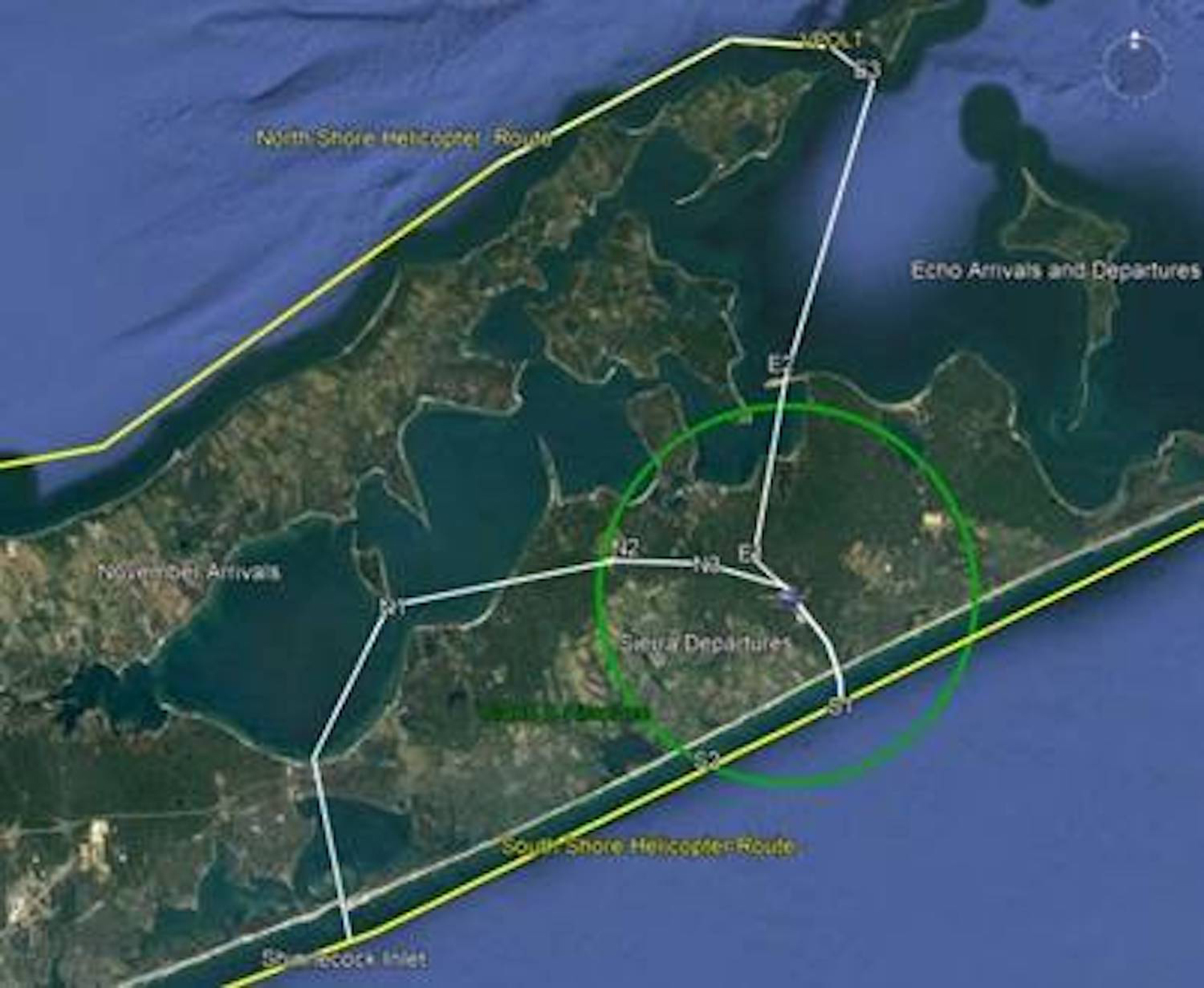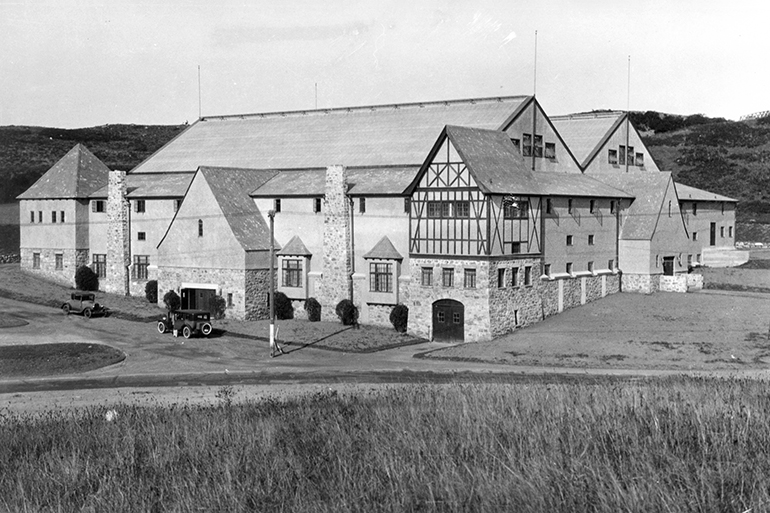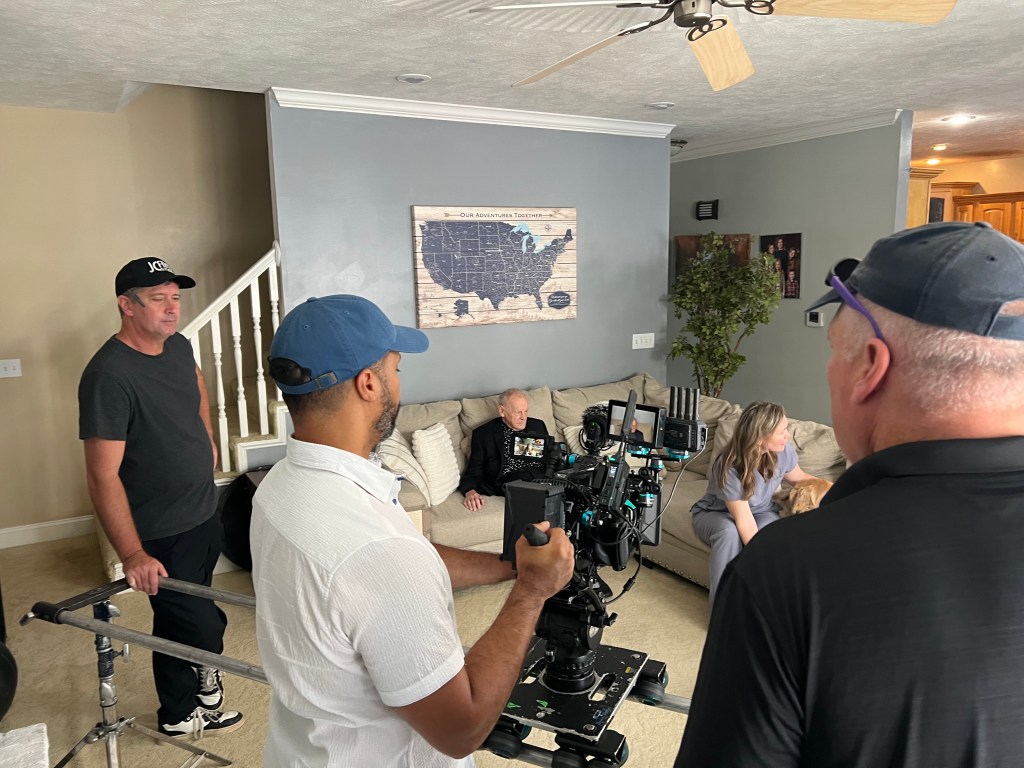Fly Neighborly Kickoff Cancelled


A fly neighborly kickoff event scheduled by the Eastern Region Helicopter Council has been cancelled amid the coronavirus outbreak.
The nonprofit, which dedicated its efforts toward navigational methods and satellite-based courses along the Northeastern corridor, was to discuss a route proposed by Congressman Lee Zeldin to help those on the North Shore affected by helicopter noise.
“The meeting was to be held for information exchange between the ERHC membership and citizens and officials from the New York City and Long Island areas. Helicopter routes are discussed as well as possible mitigation for some of the issues,” said Eastern Region Helicopter Council Chairman Richard Huggins. “Unfortunately, the meeting was cancelled due to the present coronavirus issues. In lieu of the present restrictions, and no idea about when this pandemic situation will subside, the ERHC will not be rescheduling this meeting.”
Zeldin ushered into law in 2018 his proposal to require that the Federal Aviation Administration reassess the North Shore route to address the noise impact on affected communities, improve altitude enforcement, and consider
alternative routes.
Since the proposal’s passage, Zeldin has been in constant, direct communication, via in-person meetings and phone calls, with Stephen Dickson, administrator of the Federal Aviation Administration, to secure an agreement to deliver noise relief to residents of the East End.
The proposal on the table would have pilots inbound from points west to the East End fly an all-water route over the Long Island Sound at least one mile offshore at an altitude of 3500 feet and around Orient. Pilots outbound from the East End to points west would fly over the Atlantic Ocean at an altitude of 3500 feet at least a half-mile offshore.
At the Heli-Expo in 2017, Scott Burgess, an associate professor for the College of Aeronautics at Embry-Riddle Aeronautical University, and David Bjellos, an aviation manager for Agro Industrial Management, presented “Fly Neighborly: Techniques for Noise Abatement,” the first presentation of its kind. It has since developed into a Federal Aviation Administration training.
“Major metropolitan areas, such as New York City and the Los Angeles Basin, are struggling to find noise-reducing solutions for helicopter tour and charter operators as well as police and helicopter air ambulance,” the FAA said in a statement. “Fly Neighborly seeks to create better relationships between communities and helicopter operators by establishing noise mitigation techniques and increasing effective communication.”
Some of those abatement recommendations have been to keep flights straight and level because accelerations are quieter than decelerations and turning makes more noise than a forward path. Turning away from the advancing blades is also quieter than turning into the advancing blade.
These recommendations have been flight tested and scientifically vetted by the U.S. Department of Transportation and NASA. Zeldin still believes a new route is still the best option.
“Summer after summer, North Fork residents’ quality of life has suffered due to the persistent issue of helicopter noise on the East End,” Zeldin said. “Since coming to Congress, I’ve fought for an all-water route and alternatives that mitigate noise impact on residents, and finally we have a step in the right direction that hopefully will be implemented and abided by successfully. All levels of government, from the FAA to the Eastern Region Helicopter Council to local elected officials, and community residents, have been working together to pursue a better path forward. As we move into peak season, we must ensure that all are listening to residents’ concerns as we continue to improve upon this proposed route.”
desiree@indyeastend.com









